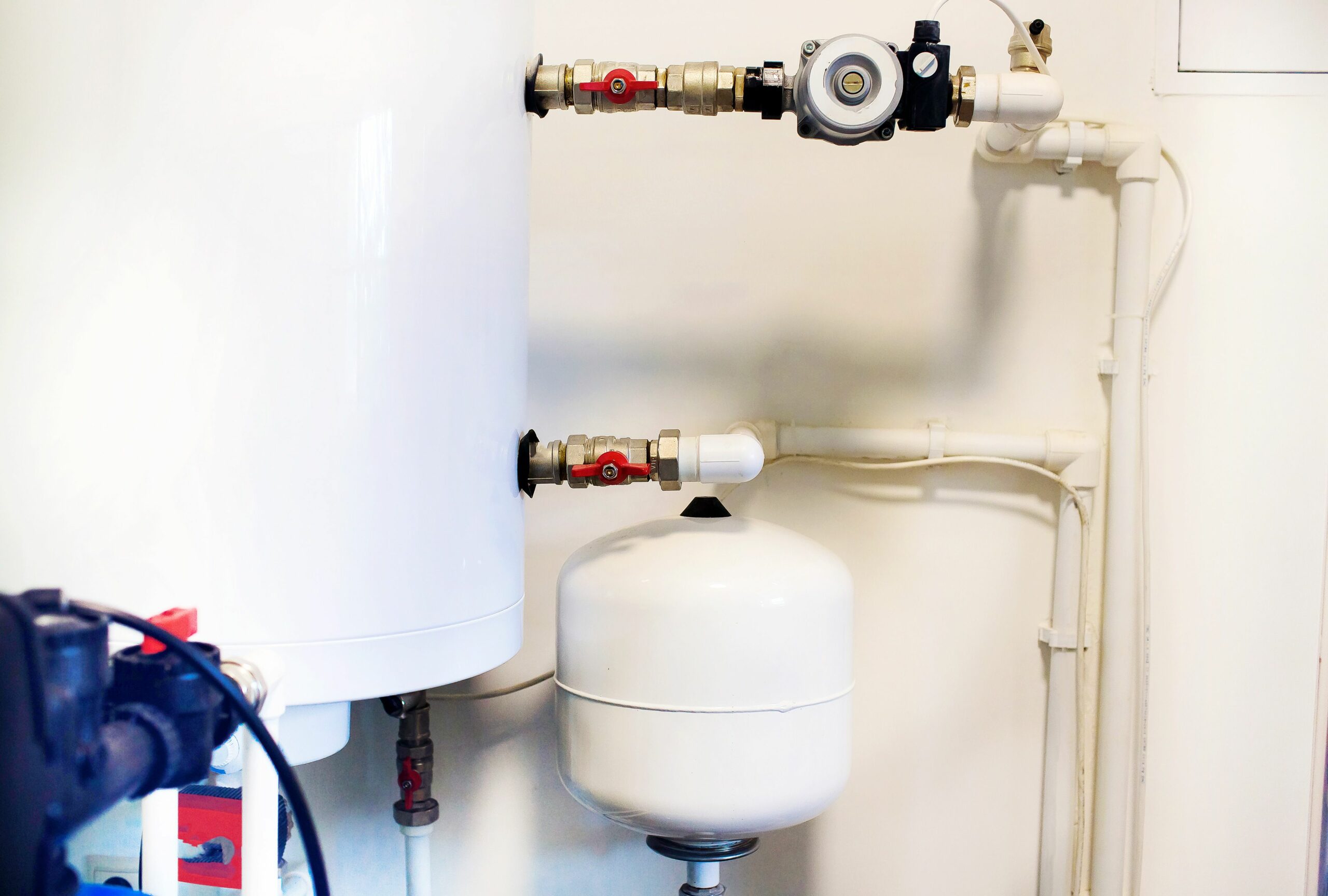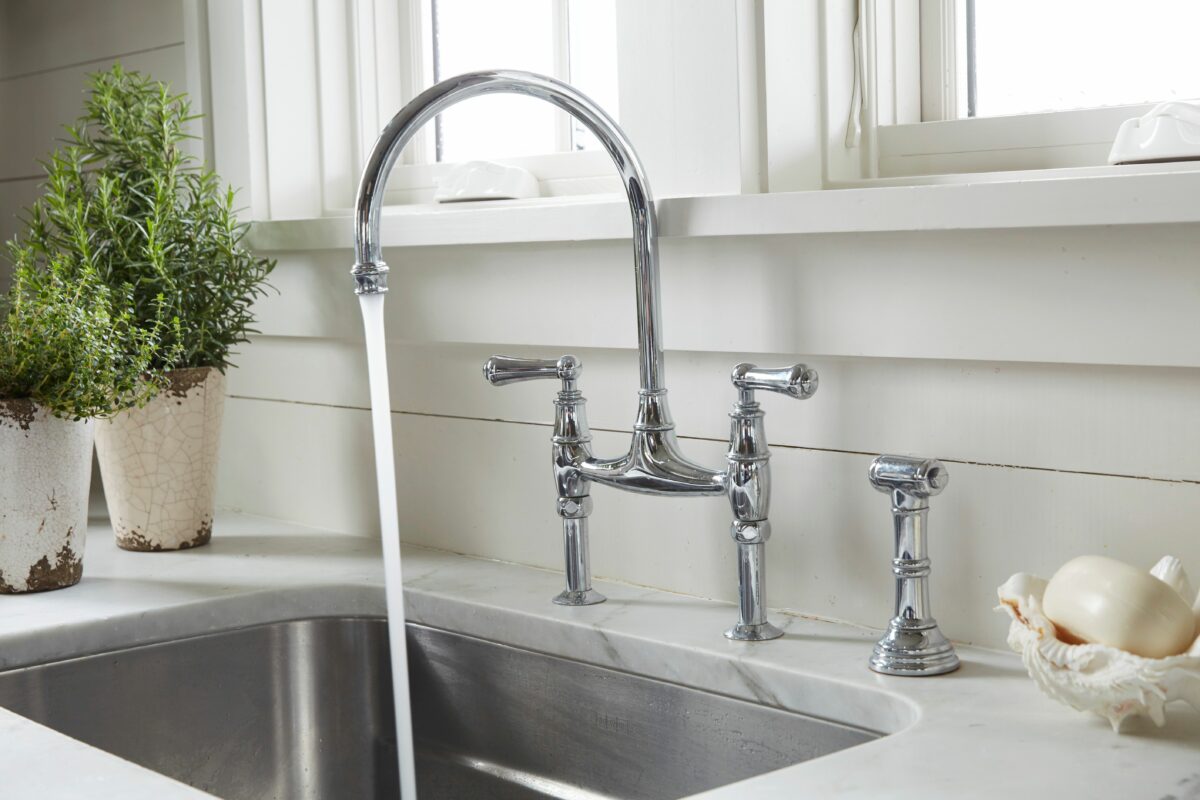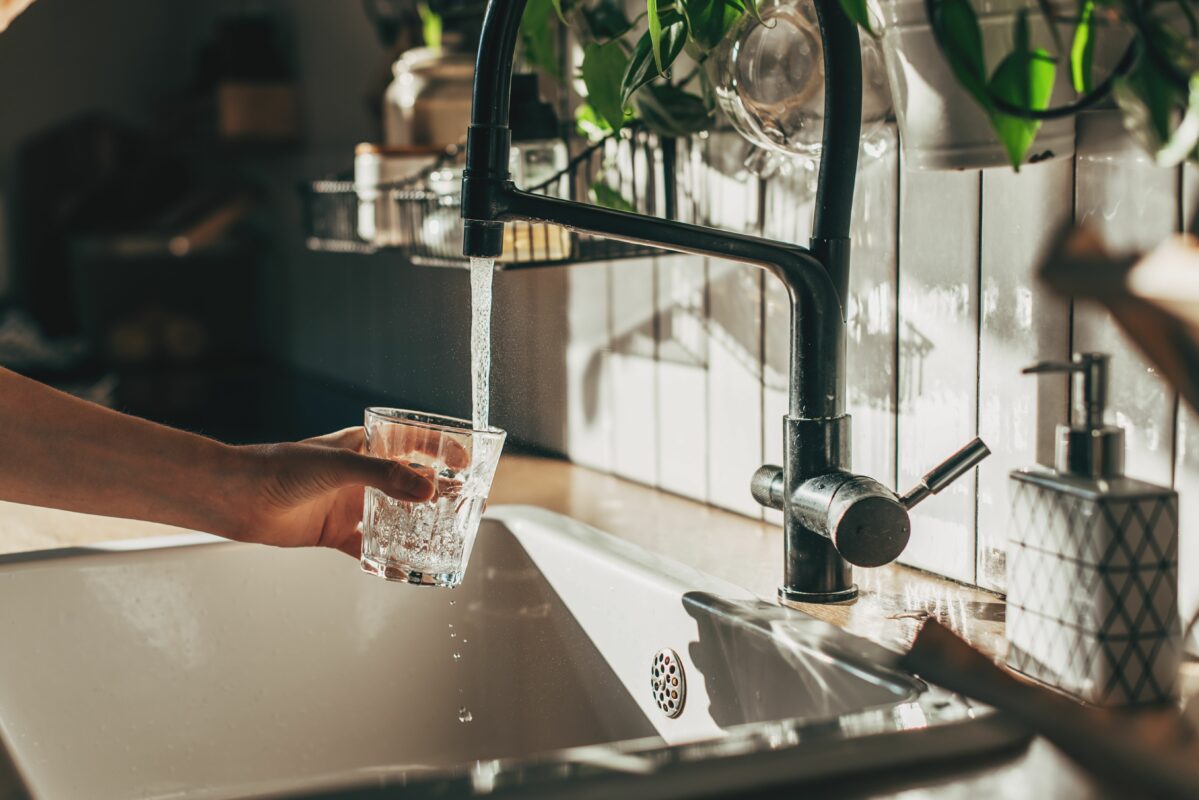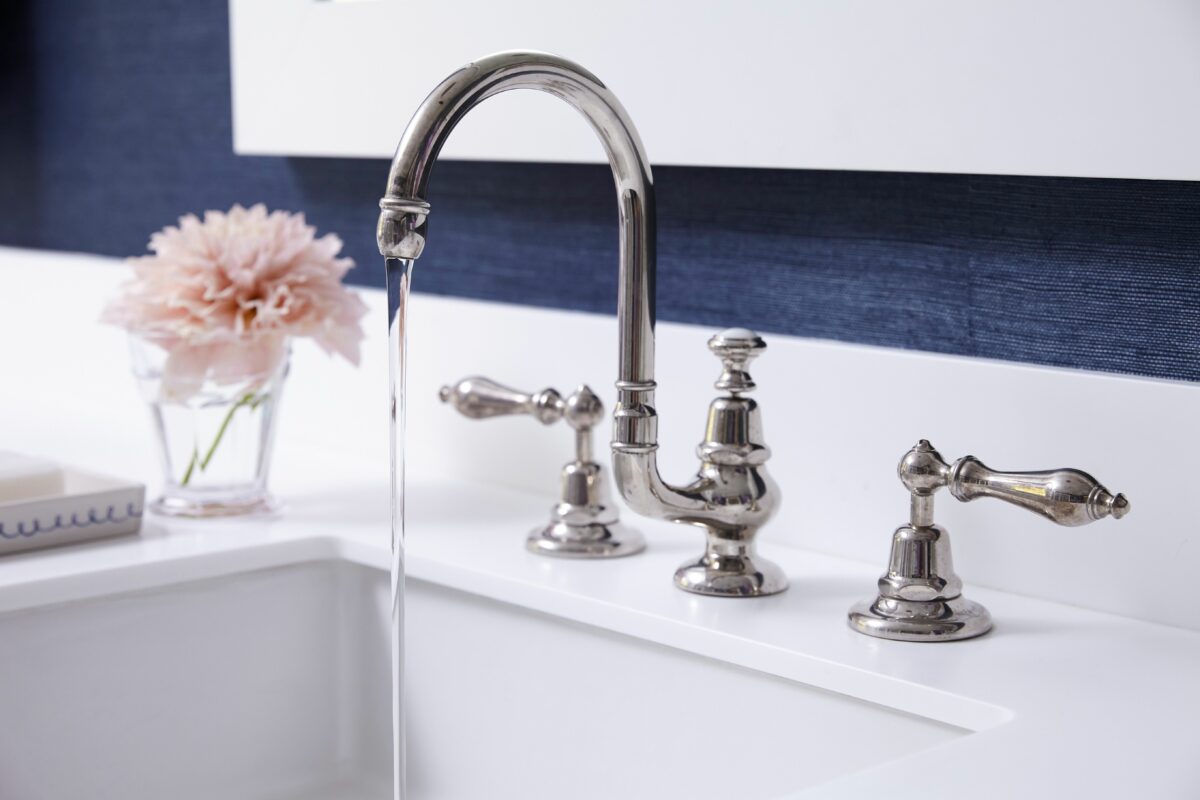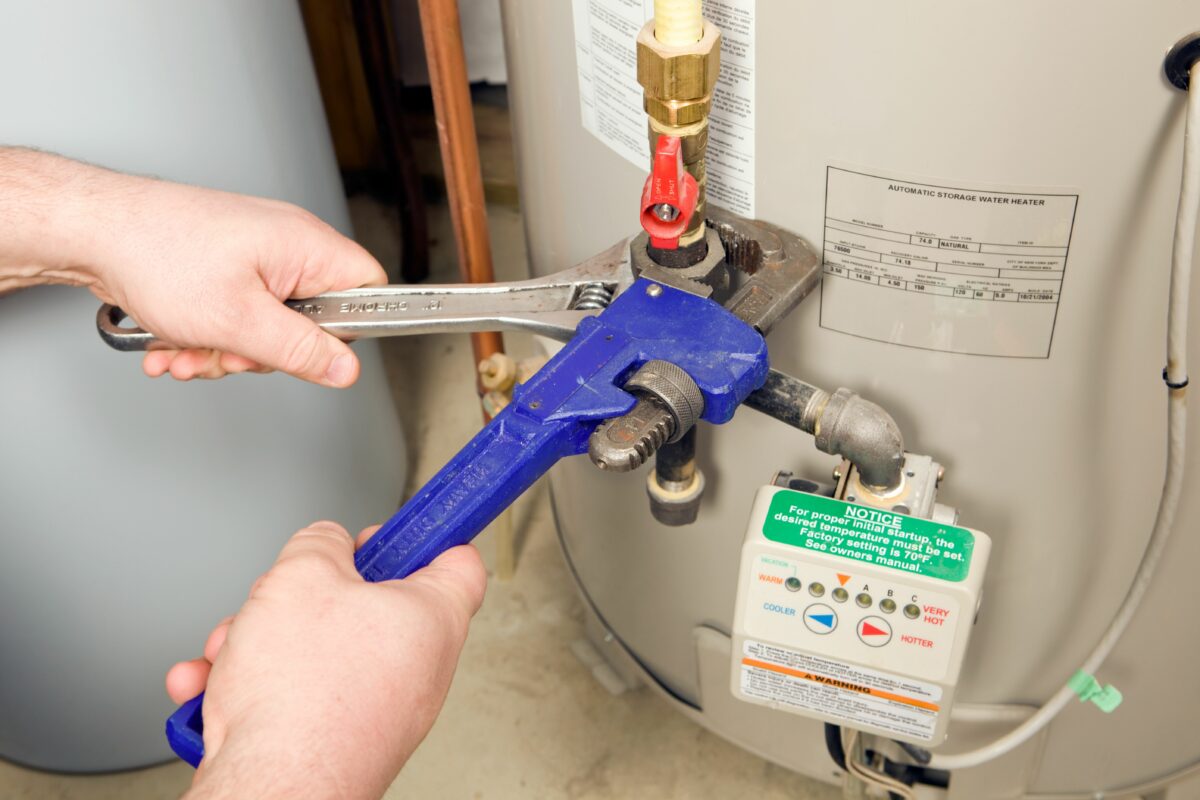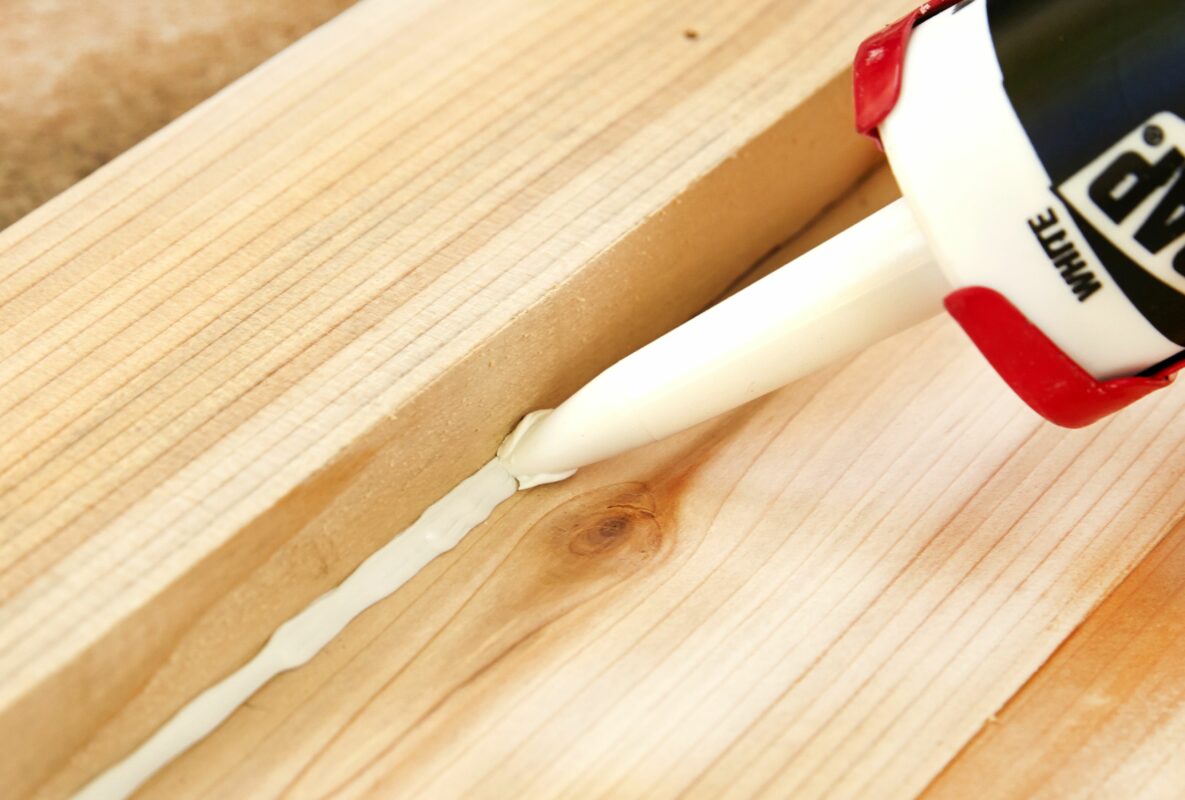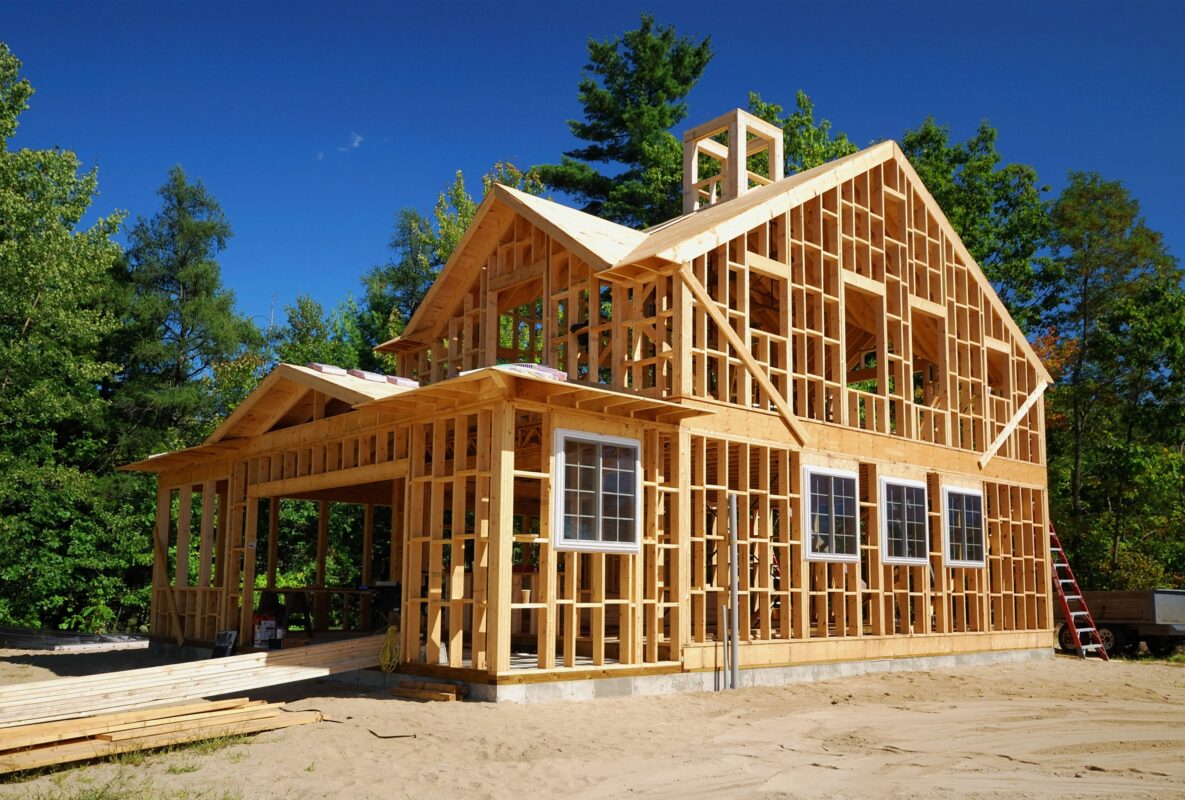Water heaters are essential home appliances. They provide hot water throughout the home for showering, dishwashing, and laundry. But like all household essentials, water heaters don’t last forever. Over time, they fail and need repairs. At some point, they need total replacement.
Here’s what you need to know about the lifespan of different types of water heaters, factors affecting their longevity, signs of a failing unit, and essential maintenance tips to prolong their use.
Types of Water Heaters
The type, quality, installation, and maintenance of a water heater affect its lifespan. If your water heater is more than 10 years old, has leaks, makes loud noises, or operates erratically, it might be time to replace it.
Types of water heaters include tank-type, tankless, hybrid, and solar. Each has a different lifespan.
Conventional Tank Water Heaters
Also known as storage water heaters, conventional tank water heaters consist of an insulated tank that stores a large amount of water. The heater uses gas or electricity to warm the water and maintain it at a set temperature until needed. After use, the tank is refilled with cold water, and the process starts again. Typically found in basements or utility closets, conventional tank water heaters last about 10 years. However, regular maintenance can extend this time frame.
Tankless or On-Demand Water Heaters
Tankless or on-demand water heaters warm the water that flows through them en route to the hot water line going to your faucets or laundry machine. They provide a continuous supply of hot water without the need for a storage tank. Like tank water heaters, they use gas or electricity to heat the water. They are energy-efficient and space-saving. With proper maintenance and care, the average life span of tankless water heaters can be 20 years or more. However, hard water can cause scaling, affecting their longevity.
Hybrid or Heat Pump Water Heaters
Hybrid systems combine HVAC with plumbing to create a more efficient unit. These eco-friendly units use air or ground heat. They can last for 10 to 15 years. Adequate ventilation and regular filter cleaning are crucial for optimal performance.
Solar Water Heaters
Solar water heaters use the sun’s power as an energy source to heat water. If you’re already looking for sustainability, this is an easy switch. Solar water heaters boast a life span of 20 years or more. Periodic inspections and solar panel maintenance are required to ensure longevity and efficiency.
Factors That Affect the Lifespan of Water Heaters
Tank water heaters tend to have the shortest lifetime, but because they are the most conventional type of water heater, they typically cost less than the longer-lasting alternatives. Adding high-quality insulation improves the lifespan of tank-type heaters. A well-insulated tank retains heat better, reducing the heating element’s workload and extending the unit’s life span.
Other factors that affect most types of water heaters include:
- Water quality: Sediment buildup, hard water, and limescale can degrade any water heater’s heating elements, leading to corrosion and leaks. Both jeopardize the effectiveness of the appliance.
- Proper installation: Proper installation by a certified professional prevents leaks, malfunctions, and premature wear. Unless you’re a certified plumber, replacing a water heater should never be a DIY project.
- Location: The location where your water heater is installed matters. Tank-style water heaters are not built to be exposed to elements; they must be installed indoors, but other types can be installed in a garage or outbuilding with suitable insulation.
- Usage: A large family or high-demand usage habits may accelerate wear and tear.
- Regular maintenance: Flushing the tank, clearing sediment, inspecting for leaks, and testing safety valves can prolong the life of the appliance.
Signs of a Failing Water Heater
Some of the signs of a failing water heater are:
Age
Most residential water heaters have an average life span of 10 to 20 years. If your water heater is 10+ years old and frequently requires repairs, that unit is probably failing.
Strange Noises
Popping, rumbling, or banging sounds from the unit may signal sediment buildup or the brink of failure. Troubleshoot by having a pro turn it off, flush the tank, replace or repair any faulty components, and treat the water to prevent future sediment buildup.
Leaks or Moisture
Faulty valves, loose connectors, and internal tank issues are some of the causes of water leaks within your water heater. Dampness around the heater or visible leaks indicate serious plumbing problems that must be addressed immediately to prevent further damage.
Rusty Water
If your water heater dispenses discolored or smelly water, it could be failing. Consult a professional for a solution, such as replacing parts, disinfecting the water tank, or replacing the water heater.
Decline in Heating
Insufficient hot water or sudden temperature fluctuations indicate potential issues with the heater. An exorbitantly high water bill could also be a sign that the machine is working inefficiently.
Maintenance Tips to Prolong a Water Heater
Water heaters typically require regular maintenance. The manufacturer’s manual or website outlines appliance-specific needs.
- Schedule annual inspections and tune-ups by a professional plumber to detect and address issues early. Ensure the technician checks the pressure relief valve to verify it functions appropriately.
- Have a pro drain and flush the tank regularly to remove sediment, prevent corrosion, and increase water heater efficiency.
- Promptly repair leaks or drips to prevent water damage.
- Install a water softener to prevent sediment accumulation, if needed.
- Consider switching to a smart thermostat, which allows you to control water heater temperature more precisely and monitor usage remotely.


